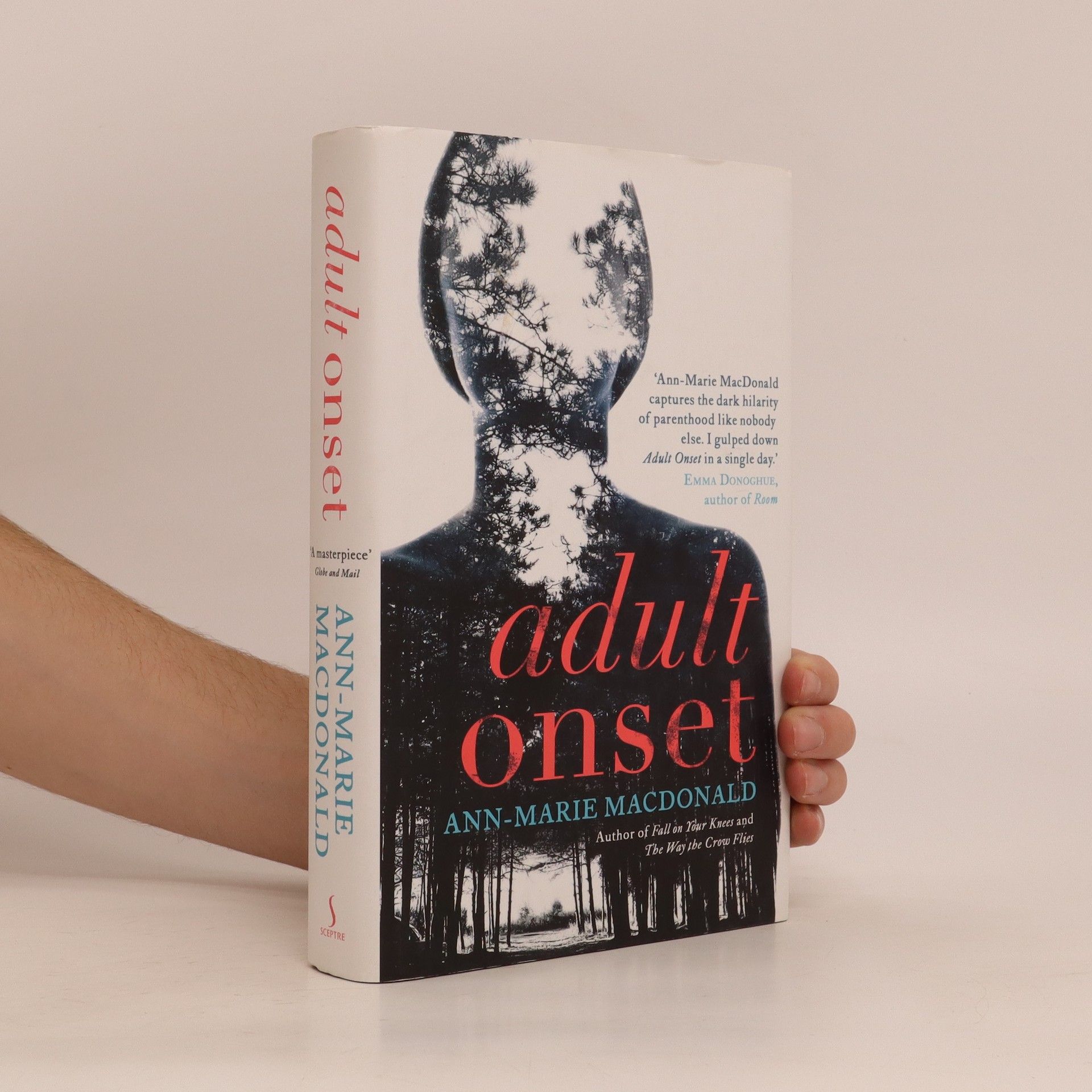Een Canadese vrouw leert als volwassene omgaan met traumatische ervaringen uit haar jeugd.
Ann-Marie MacDonald Boeken
Ann-Marie MacDonald creëert verhalen die duiken in het ingewikkelde weefsel van familiegeschiedenissen en lang bewaarde geheimen. Haar schrijfstijl combineert meesterlijk dramatische spanning met lyrische proza, en onthult diepgaande psychologische portretten van personages die worstelen met de erfenis van hun verleden. MacDonald verkent vaak thema's als identiteit, herinnering en de kracht van vertellen om verborgen waarheden binnen families bloot te leggen. Haar literaire stem resoneert met kracht en emotionele diepte, en biedt lezers een meeslepende en tot nadenken stemmende ervaring.







Noodlottige geschiedenis van een excentrieke familie op Nova Scotia (Canada) in het begin van de twintigste eeuw.
Laten wij aanbidden / druk 23
- 608bladzijden
- 22 uur lezen
Cape Breton Island, Nova Scotia, rond 1900: de jonge pianostemmer James wordt met zijn kindbruidje Materia verbannen naar een eenzaam huis op een klif. Tot elkaar veroordeeld vechten zij en hun dochters zich door het leven. Laten wij aanbidden is een adembenemende geschiedenis die de lezer nog lang bijblijft. Een roman voor wie houdt van de Brontës, Annie Proulx en Carol Shields.
Fayne
- 736bladzijden
- 26 uur lezen
In the late nineteenth century, Charlotte Bell grows up at Fayne, a vast estate straddling the England-Scotland border, isolated by her devoted father, Lord Henry Bell, due to a mysterious condition. Strong-willed and curious, Charlotte thrives in the moorlands, learning the bog's treacherous and healing ways from Byrn, an enigmatic hired man. Her idyllic life is overshadowed by a striking portrait of her mother, a beautiful Irish-American heiress who died giving birth to Charlotte, and her older brother, Charles, who passed away shortly after. When Charlotte’s thirst for knowledge threatens the estate’s boundaries, her father defies tradition and hires a tutor to educate her as he would a son. However, their explorations of the bog uncover an unexpected artefact, prompting her father to arrange a cure for her condition, shattering Charlotte's world. This journey of discovery leads Charlotte to confront family secrets and the essence of her identity, intertwining themes of science, magic, love, and the power of storytelling. The narrative is a magnificent exploration of gender constructs and personal growth, praised for its engaging and beautiful prose.
Mary Rose McKinnon has two children with her partner Hilary and a fractured relationship with her mother Dolly; she also has issues with anger management and lives in fear of hurting the children, these feelings seem somehow rooted in a part of her childhood she has trouble remembering. Is Dolly - the kind of big personality who makes all Mary Rose's friends, and even waiters in coffee shops, exclaim 'I love your Mum!' - really harbouring a dark secret about what caused Mary Rose's childhood injuries, and is Mary Rose doomed to follow the same path with her own children?
In this exuberant comedy, MacDonald asks, What if Desdemona and Juliet were allowed to live? Constance Ledbelly, a tweedy academic, has ghostwritten the papers of her mentor for years, when suddenly he announces he's marrying a rival. Escaping into her research, Constance decodes the Gustav Manuscript, and discovers a pair of comedies that she believes are the source for Shakespeare's Othello and Romeo and Juliet. Transported into the world of her theory, she comes face-to-face with Desdemona and Juliet and discovers that, far from shrinking violets, they are hellions full of surprises. What follows is a riotous retelling of theatrical legend that brings Constance out of her gloom and straight into a new and confident self.
Goodnight Desdemona (Good Morning Juliet) is an exuberant comedy and feminist revisioning of Shakespeare’s Othello and Romeo and Juliet. It takes us from a dusty office in Canada’s Queen’s University, into the fraught and furious worlds of two of Shakespeare’s best-known tragedies, and turns them upside-down. Constance Ledbelly is the beleaguered “spinster” academic, and unlikely heroine who embarks on a quest for Shakespearean origins and, ultimately, her own identity. When she deciphers an ancient and neglected manuscript, Constance is propelled through a very modern rabbit hole and lands smack in the middle of the tragic turning points of each play in turn. Her attempts to save first Desdemona, then Juliet, from their harrowing fates, result in a wild unpredictable ride through comedy and near-tragedy, as mild-mannered Constance learns to love, sword-fight, dance Renaissance-style, and master a series of disguises… Goodnight Desdemona (Good Morning Juliet) a gender-bendy, big-hearted and crazily intelligent romp, where irony and anger sing in perfect harmony with innocence and poignancy.
